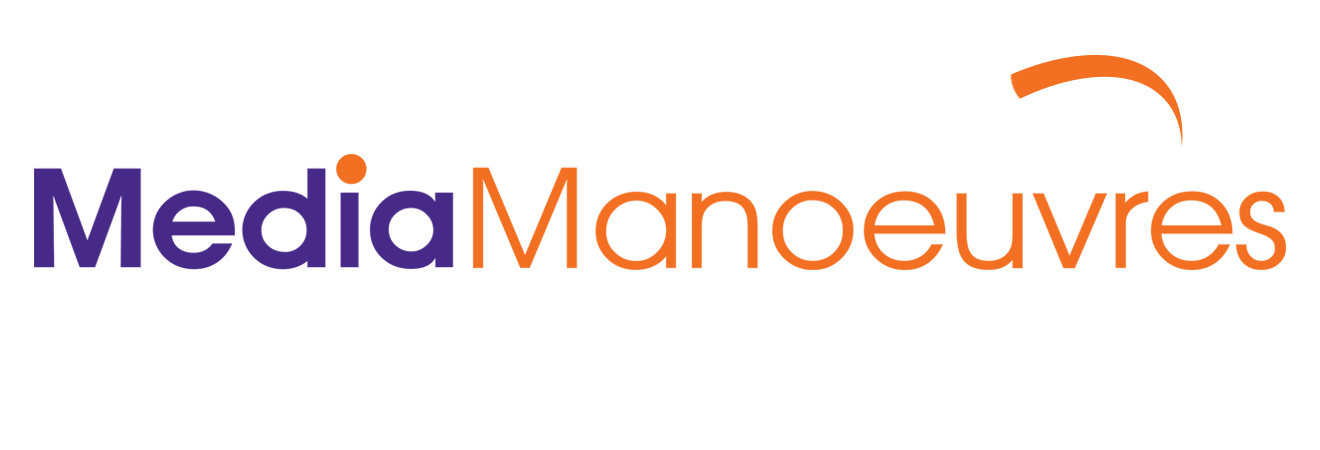Your reputation is a valuable asset. It’s hard to build and it can be destroyed in an instant. So, it’s wise to plan for good stakeholder communication. Think of this as a form of insurance for your reputation.
Like any insurance, it’s worth doing your homework and investing carefully. Getting your communication right will help you protect the reputation that you’ve worked so hard for.
The first step to getting it right is having a strategy for good times and bad.
Every business, government entity, school and industry peak body needs to navigate through difficult times. Communication is key and the foundation for that communication starts well before any crisis. A clear, carefully developed strategy is the best way to keep your focus when the going gets tough.
A corporate communication strategy should be part of every business plan.
How to communicate with stakeholders
Key stakeholders can’t be taken for granted when business is booming, and they’re even more important when something goes wrong. All those people who matter most to your success must remain engaged, whether they’re outside or inside your business.
If you have a disruption, planned or not, strategic stakeholder engagement can help your business steer through a course and come out the other end to continue ‘business as usual’. Conversely, they can add to the angst. If you want them to help, you’ll need more than a group tweet, a notice on the staff fridge or a mass-distributed, standardised email.
It’s important to identify each of the stakeholders, sort out who takes priority in any situation, particularly in a crisis, and have a plan about the best way to provide effective communication. And REALLY communicate, not just throw ‘corporate speak’ at them!
Using the Media Manoeuvres methodical mapping process to work through this, it is possible to identify what motivates each stakeholder, the different key messages they need to hear, and the best way to communicate these messages for a successful outcome.
Communication in a Crisis – Developing the right messages for different stakeholders

Never underestimate the value of ALL your stakeholders, internal and external. Many organisations and businesses do not pay enough attention to the power of internal stakeholders, which might include staff, investors, contract workers, or members of an association or industry body.
Different stakeholders often need a different strategy, communication channels and key messages.
In a crisis, your business will need to deal with external stakeholders who can impact your business or organisation. Examples would include regulators, politicians and industry bodies.
Communications experts are as important here as lawyers and number-crunchers. Or, to be precise, it’s BEFORE the problem arises that the communication experts can be of the best use.
When you’re blindsided by an escalating issue, or a deepening crisis, you should already have a communication strategy and plan in place.
Sometimes it turns out that a bad day for your business becomes a field day for the media. That’s a whole different subject of its own, which is a topic for another day. Suffice it to say that media training is an excellent investment too!
Stakeholder Questions – How to deal with difficult stakeholders
You’d be surprised how many businesses and organisations head into an AGM or public forum without properly preparing for an onslaught of tricky questions. Even if your answer is honest and backed with facts and figures, that might not be enough to influence a vocal critic unless you have a well-considered communication plan.
The art of persuasion is a lot more challenging. Specialised stakeholder communication training can be geared around town hall type meetings, forums, media situations or other scenarios. Most importantly, it must be tailored for your business and the people who matter most to you and your business.
So how do you handle challenging stakeholder questions? Ensure your spokespeople are appropriately trained before the tough questions come. The first step in this type of training is a robust conversation for your organisation. Who are your stakeholders? What’s important to them? How significant could their impact be? How does your position look to them?
Once you have this valuable insight, you’ll know how to manage the questions and influence the outcome. It’s a methodical process to find common ground with your stakeholders, which requires listening and give and take by all.
Making your communication count
Internally or externally, your messages must resonate. Our Stakeholder Communication Training prepares your spokespeople so you can take control of the messages you’re sending.
If you want to be heard through all the noise, you can be. But you need to be tuned in to the same frequency as those who you’re asking to listen.



Leave a Reply